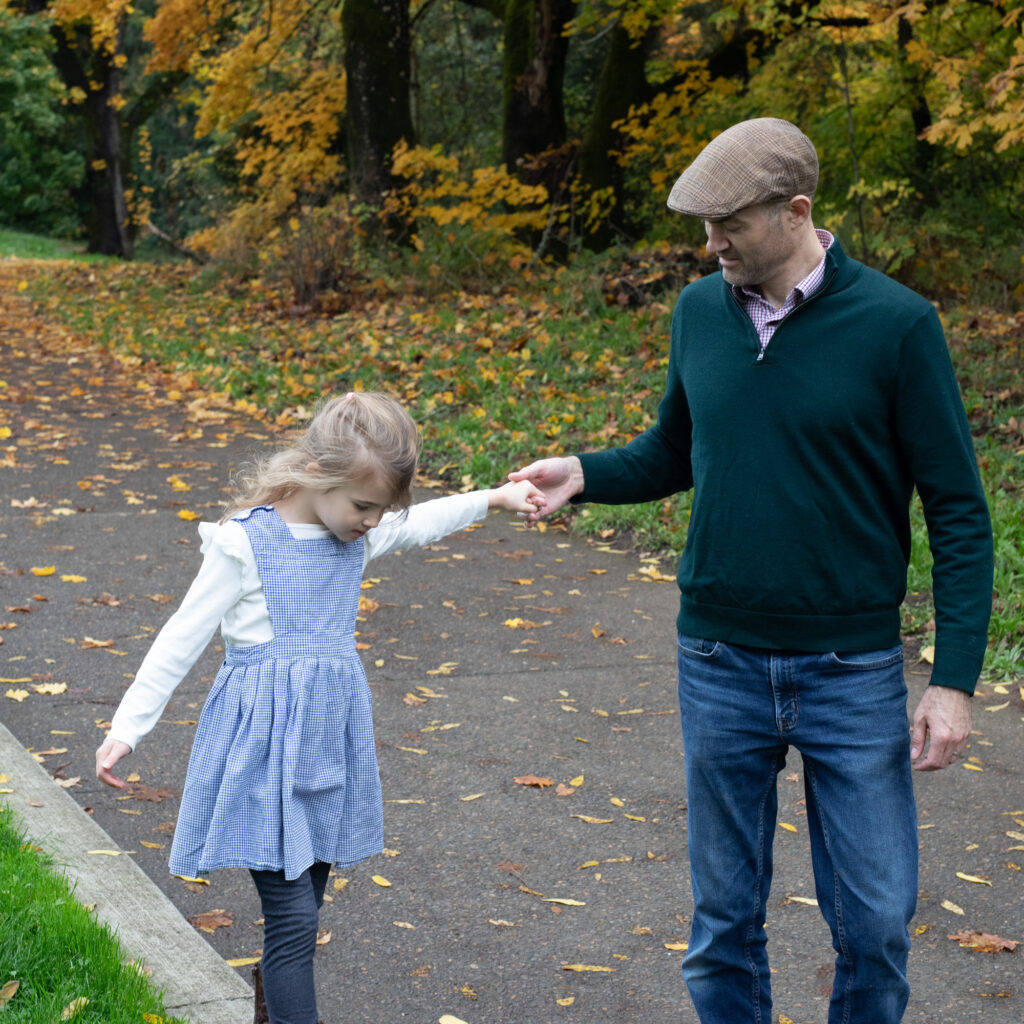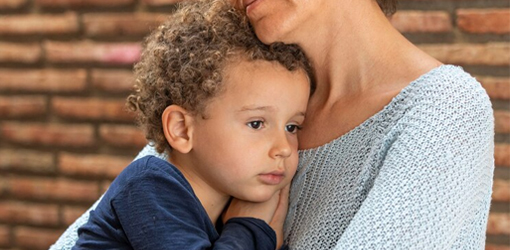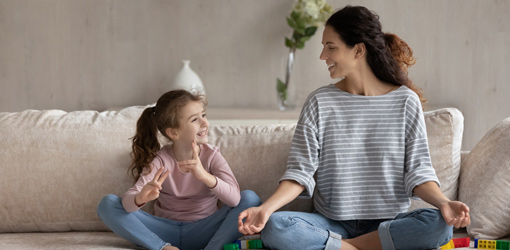
Emotion Focused Parenting
As a child therapist I have taught mindfulness and emotional regulation to hundreds of kids, and I have learned that the most important factor in any child’s emotional learning is not what I tell a child, but who I am modeling to be through my own emotions and actions. Modeling clear emotional mindfulness and regulation is the most powerful, and often least understood, teaching tool we have in guiding children toward emotional resilience.
Through Emotion Focused Parenting I will teach you to speak directly to your child’s nervous system to bring them back in connection with their emotional regulation, and back in connection with you.
What you’ll learn
Through Emotion Focused Parenting, I will teach you how to support your child by practicing self-awareness and emotional regulation, allowing even emotionally heightened situations to be tools for self-exploration and reflection. You will learn to help your child identify and deescalate their own overwhelm, and empower your child to build greater self-esteem, increase internal attunement and express their vulnerable emotions.
Through parent consultation and coaching I will guide you toward helping your child better regulate at home, giving you the tools to shift your child’s behavior, reduce the meltdowns, and bring greater connection and harmony to your family system. Parent coaching is conducted virtually, and we will discuss your child’s brain development, a model toward regulation, and specific strategies to help your child with mindfulness and regulation during moments of overwhelm.

Emotion Focused Parenting is based on modern research in neuroscience, and recognizes that children’s developing brains are inherently “emotion-centric”. By learning to identify, understand, and respond to a child’s emotional state before engaging in discipline, guidance or problem-solving, parents can dramatically reduce their child’s emotional meltdowns, and enhance self-regulation skills in the future. Emotion Focused Parenting teaches specially tailored language and non-verbal cues that allows parents to communicate directly with their child’s nervous system, transitioning feelings of anger, fear and overwhelm, into a state of validation, safety, and calm.
This parenting philosophy is centered around the following key principles:

Emotional Awareness

Empathy and Validation

Responsive Communication

Teaching Emotional Regulation
By teaching children regulation strategies, body awareness, and healthy emotional expression we can significantly reduce meltdowns while promoting self-regulation in the future.

Setting Healthy Boundaries

Parental Modeling
Children’s brains are designed to mirror the emotions and behaviors of parents, and parents serve as highly influential role models any time they are within their child’s field of experience. By parents demonstrating their own emotional mindfulness and self-regulation, children are much more likely to learn these skills themselves.

Secure Attachment
Know exactly what to do when your child experiences:
Frequent emotional outbursts
Sad and disconnected behavior
Difficult life transitions
Trouble connecting with others
